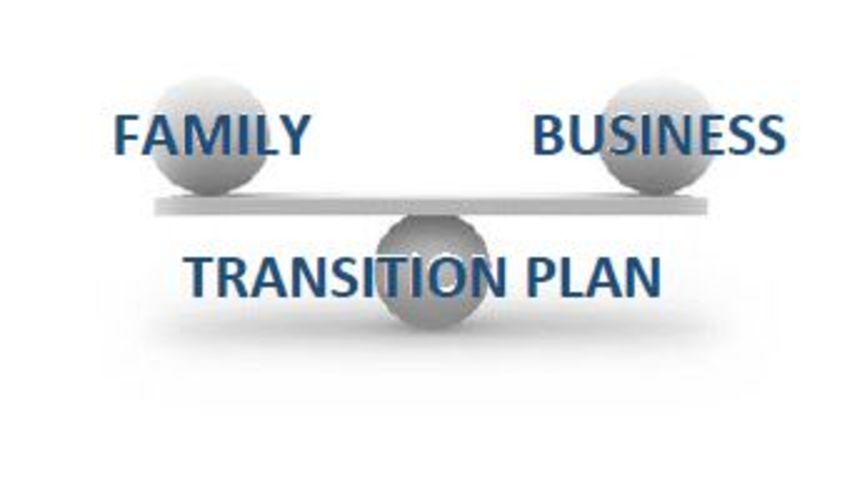What a difference a plan makes …decisions planned by you …not made for you
20th September 2018
How can families in business plan to provide, protect and prosper in transition? Passing on the family business can be both rewarding and challenging, both for those leaving and those taking over. Owner or successor however, being part of the transition planning and decisions is crucial for both individuals and business.
Balancing family and business needs. Planning succession through generations, assessing exit options, structuring ownership and management, decision making, and management development, are just a few of the key issues confronting owners and successors. Although these challenges together can seem like ‘mission impossible’, planning enables owners and families to plan for and prosper in transition.
An effective plan needs a good foundation in shared purpose. Although this is not always about satisfying everyone, nonetheless, individual goals and aspirations, fully understood and respected, become both the motivation and the compass to marking out a plan. Shared purpose unites everyone to a business future yet gains individual and distinctive involvement in shape and commitment. It’s not just about making decisions, for some it’s making decisions you can live with.
This important stage is where perception gives way to proper understanding, where personal goals encounter collective impact, where family needs meet business needs, and from all of this, where a future takes shape and choices are made in the part each take.
To some families, this can seem to be present already but may not stand the test in practice. To others, such agreement to shared vision seems unattainable. Both positions however, can be tackled in an effective process blending personal, collective, and business needs.
Starting the conversation. Along the way to shaping this future there can be a few obstacles. By far the greatest is often communication, and it can first occur at a very early stage. It’s called ‘starting the conversation’, and while it sounds simple, simple is not the same as easy.
A list of Frequently Asked Questions, might be (for the owners) – When to leave, How to leave, What to leave, Who will own, Who will lead, How will they work together, (for the successors) – Should we take over, How could we take over, How will we manage it, How will we work together, Where will we get help. These questions however, are often not asked, or at least not out loud.
There are many reasons why this conversation can be a challenge to start and difficult to progress, sensitivity to individuals and circumstances, being top of the list. This is where our natural tendency to picture the conversation can create assumptions, sometimes leading to long-held perceptions.
Even these very pertinent FAQ’s therefore, are sometimes not the biggest obstacle. That position goes to the Frequently Assumed Answers, like: (for the owner) They will want it – They won’t want it – Their futures are better elsewhere – They’re not up to it – It’ll lead to conflict – (for the successors) They won’t retire, They won’t hand over or sell, They won’t discuss it, They won’t leave us to manage, We won’t have the means.
The absence of ‘the conversation’ can restrict, delay, and sometimes prevent the inclusion of owners and successors in the outcome and impact of business transition, leaving some family business futures fraught, and others unfulfilled.
Moving from assumption to communication, understanding, and options therefore, is truly enabling in the purpose of, not so much ‘mission impossible’, as ‘mission essential’. In the work of family business support, there is real privilege in seeing, and sometimes enabling this conversation to properly find expression.
The transition plan balances and supports family and business needs and aspirations. With a clear shared purpose as a foundation, outcomes are simpler to define and aim for. Whilst there will be a range of detail to consider, it helps when core plans and outcomes can be simply understood and expressed. Four key areas of business transition would be – Exit, Succession, Ownership, and Management. Individual needs and stories will vary of course, but bringing these four together, an example of outcome might be – An affordable and financially secure retirement, livelihoods and future prosperity, financial and legal ownership structure, and business and personal readiness for management.
So, what is the difference a plan makes? Well the plan is like a healthy recipe for the continuity, prosperity, and sometimes the survival of family dynamic and business. The end ingredients are certainty, clarity, unity, wealth, peace of mind, and enjoyment – in as full a mix and measure as possible.
Owner and successor therefore, consider where you are and where you want to be, and how to build a plan for and from the best of everyone. Wishing you good planning.
Billy Andrew
Family Business Solutions Ltd.


